Have you ever felt like you were at ground zero and didn’t know where to start?
That’s where I was, just a few short years ago when I found myself broke, sick, unemployed, laid off from my nonprofit fundraising job following extended medical leave, and homeless.
I had to take stock. I loved small shop fundraising — the hands-on control of being a generalist — you know, being database manager (it might surprise you to know that I’m a total data geek)/website designer/director of individual giving/donor relations manager/PR and marketing director/event planner/grantwriter…you get the gist.
Could I parlay those skills into a business and a life that I loved (HT to Marie Forleo)?
Fast forward four years. Simple Development Systems is teaching small nonprofit organizations far and wide just what donor-centered fundraising is really all about. Through our Basics & More eCourses, we’re providing organizations who think they can’t afford training with comprehensive classes that work for their crazy schedules — and their budgets.
So what are the tools that got me from there to here?
Focus. Turns out that the very same focus that led to success in fundraising — centering in on the donors — was what helped me to grow my business.
Trusted advisers. There are lots of time wasters out there when it comes to nonprofit fundraising. You know, link-bait. That’s why I’ve built up a core of trusted advisers who will never steer me, or you, wrong.
Planner Pad (not an affiliate link). I’ve tried nearly every scheduling tool out there, and I always return to the PlannerPad. It’s an old fashion paper planner with one goal: to get you focused.
LeechBlock. It’s an ADHD world out there and nothing robs your focus faster than the wild and crazy world of the Internet and social media. LeechBlock is a handy dandy plugin you can use to block time-wasting sites like Facebook.
Hootsuite. Twitter has played a major role in the growth of my business, and it’s a terrific resource for nonprofit professionals. Hootsuite helps you navigate it.
SurveyMonkey. I know what your challenges are, because you tell me.
Timers. I have got timers in every room of the house (I even time my tooth brushing!). Guess what? If you think it takes you four hours to write an appeal letter, it really takes you eight (or more). Timers help you learn where your time goes, so you can manage it better.
Audible: It’s important for me to stay current on fundraising and business trends. But who has time to read? Through trial and error, I’ve found that listening to the latest business, fundraising and self-help books on my iPod is the most efficient use of my time.
Avoidance of *free.* I was on unemployment when I signed up for my web hosting company. I didn’t look for free or the cheapest. I looked for what would serve my needs. Ditto for selecting my first email service provider. Sure there are free ones out there, but I bypassed them in favor of a company that met my needs. When you’re thinking *free,* you’re not thinking long-term.
What else? I believe in a universe that is not competitive. The nonprofit community is a generous one, willing to give of themselves and their knowledge freely. I’m blessed to be a part of that world and blessed to be part of your world.
If it feels like you’re starting out at ground zero, start where you are with what you have, and, most importantly – remember to give thanks.
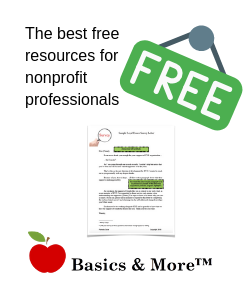
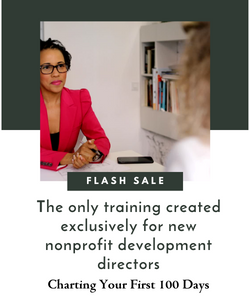
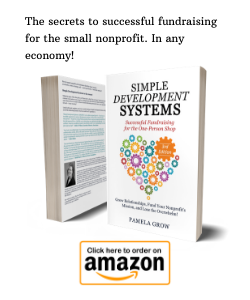
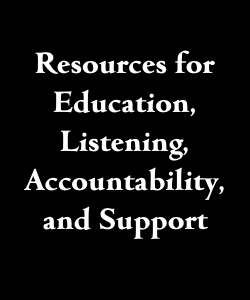
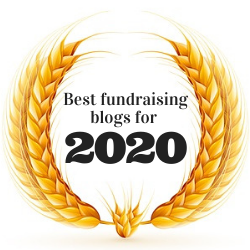
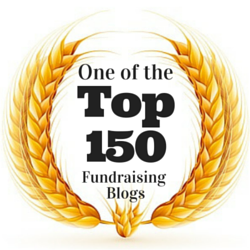
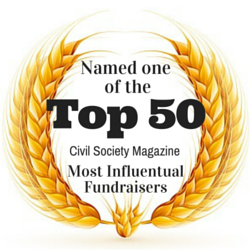
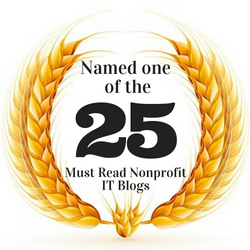
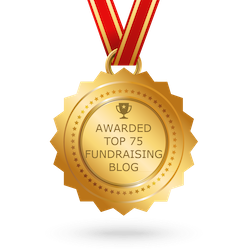
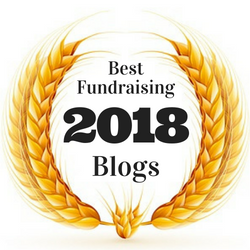
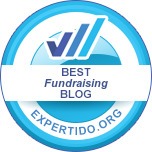
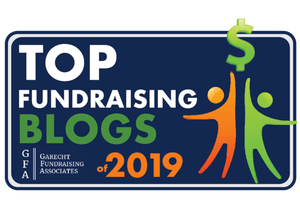
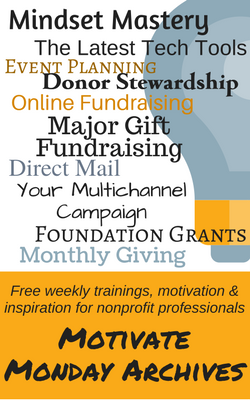
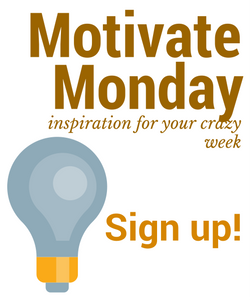
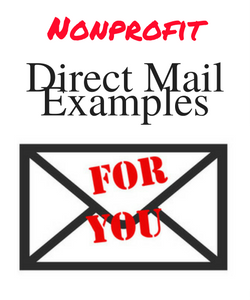
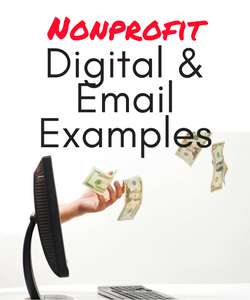

 I can’t wait to meet with you personally.
I can’t wait to meet with you personally.
Comments on this entry are closed.